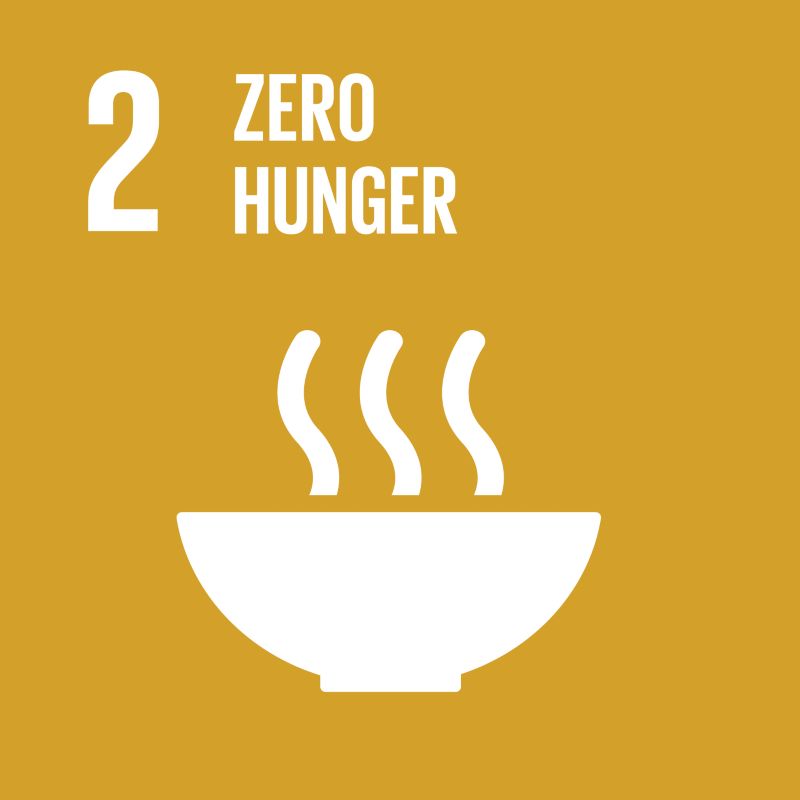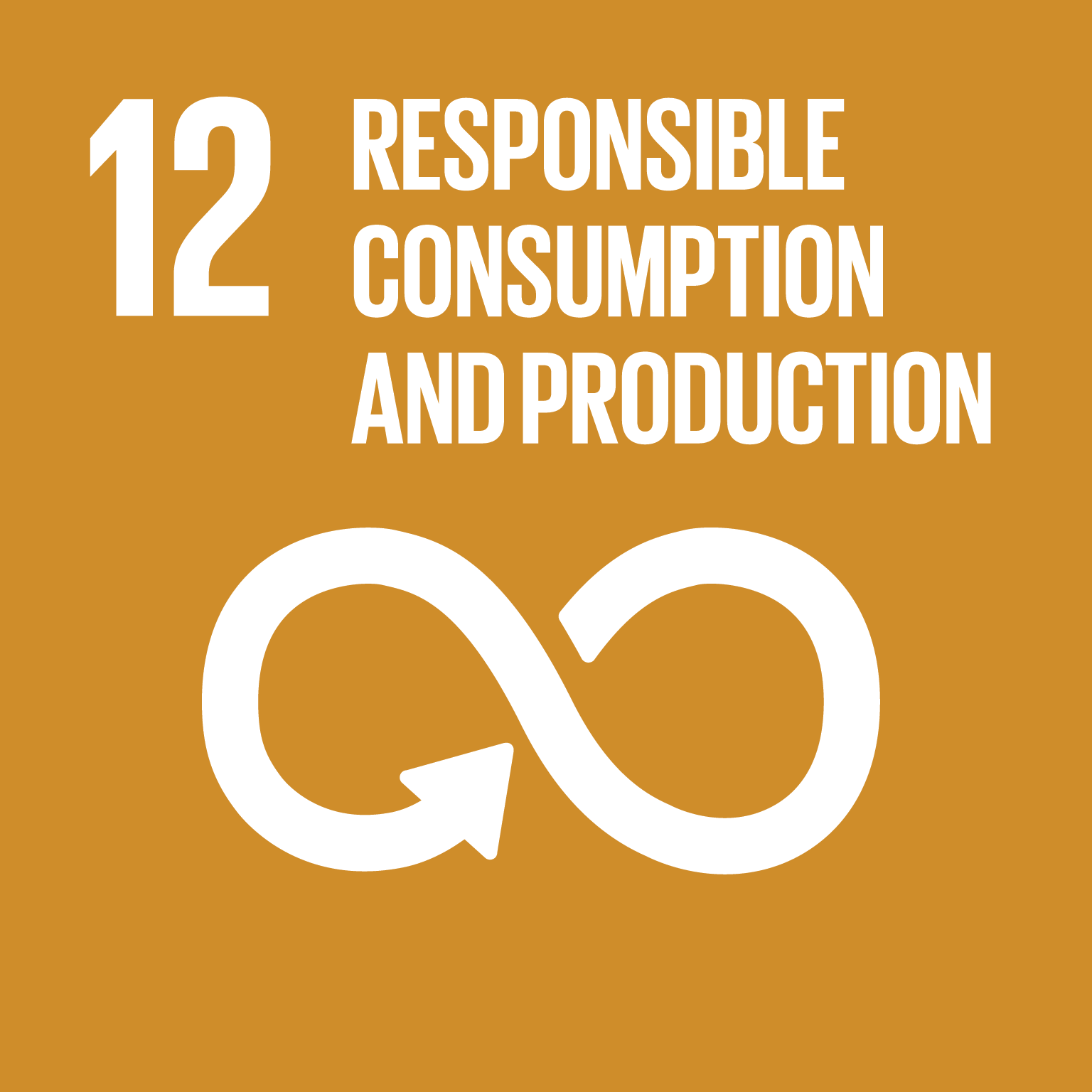Increasing global populations and changing dietary preferences make it imperative to find a nutritious and sustainable alternative to current animal-based protein sources.
Insects offer such a solution, without the environmental challenges that are currently associated with livestock production such as insufficient land and water availability.
As such, this project aims to develop a greater understanding of Australians’ attitudes towards insect protein as a food, explore the drivers reinforcing these beliefs, and identify what factors may facilitate a positive change in attitude towards insects as food. Additionally, the acceptance of food is influenced by both psychological and sensory factors and as such, this research also aims to evaluate the subconscious emotional response and the sensory acceptance of insect protein. The findings of this research will grow the body of evidence required to improve the sensory acceptance of insect-based food products by a wider audience.

The outcomes of this research will enable the development of tailored strategies to improve insect-based food acceptability by the Australian consumer and in turn lower the negative environmental impacts currently associated with traditional livestock sources.
Project timeline: 2019-2022
Key contributors: Indee Hopkins, Jessica Danaher, Lisa Newman, Harsharn Gill, Asgar Farahnaky
This project addresses the following Sustainable Development Goals and Targets:
2.1 By 2030, end hunger and ensure access by all people, in particular the poor and people in vulnerable situations, including infants, to safe, nutritious and sufficient food all year round
2.2 By 2030, end all forms of malnutrition, including achieving, by 2025, the internationally agreed targets on stunting and wasting in children under 5 years of age, and address the nutritional needs of adolescent girls, pregnant and lactating women and older persons
2.4 By 2030, ensure sustainable food production systems and implement resilient agricultural practices that increase productivity and production, that help maintain ecosystems, that strengthen capacity for adaptation to climate change, extreme weather, drought, flooding and other disasters and that progressively improve land and soil quality
12.2 By 2030, achieve the sustainable management and efficient use of natural resources
12.3 By 2030, halve per capita global food waste at the retail and consumer levels and reduce food losses along production and supply chains, including post-harvest losses
12.5 By 2030, substantially reduce waste generation through prevention, reduction, recycling and reuse

Get in touch
For more information or to discuss partnership and collaboration opportunities, email us at SDGs@rmit.edu.au.
For more information about RMIT’s sustainability commitments and activities visit www.rmit.edu.au/sustainability




